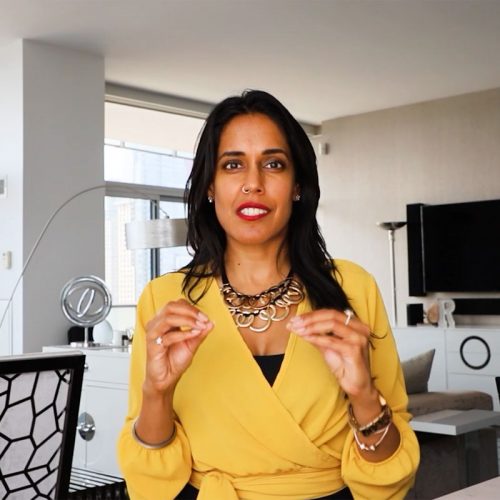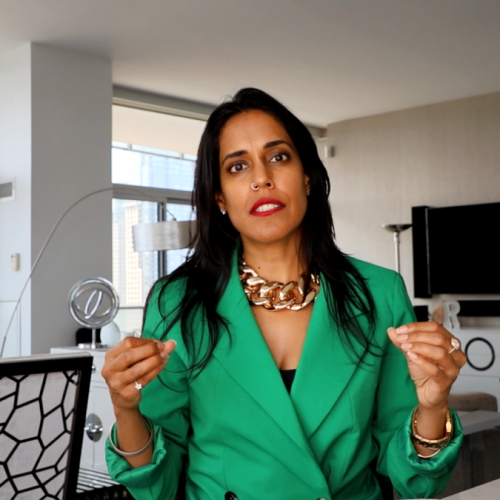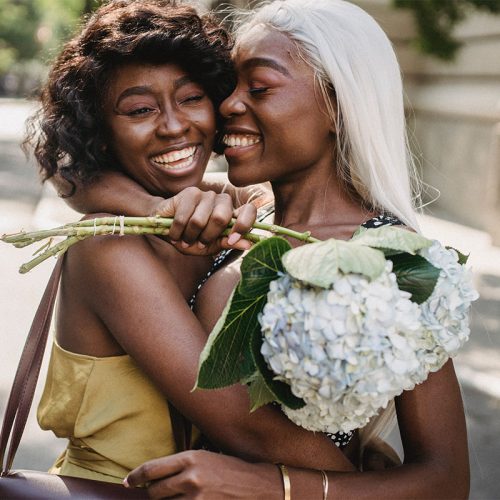
When I first started dating my boyfriend, we would often fight. This initially worried me because of the messaging we hear around us that relationship conflict, and especially fighting, is really bad and can betoxicin new relationships.
In our society, conflict generally has a negative connotation. It’s common to think that the best way to have safe and secure relationships is to avoid all disagreements. Fewer disagreements means less fighting, equals happier relationships. Given this messaging, our bickering made me worry about the health and stability of my relationship.
As I always do, I spoke to my therapist about how I was feeling, and she told me that fighting isn’t necessarily a bad thing. Conflict is normal in any kind of relationship — it’s often the way we air our concerns, opinions, and grievances. In fact,researchhas shown that fighting may actually mean that we care and can be an indicator of increased intimacy, which enhances relationships.
It seems counter-intuitive, but arguments can, in fact, bring people closer together.
However, there is a big difference between a throw-down fight and a disagreement. In any conflict, miscommunications and mistakes do happen andfeelings will get hurt. But there is a healthy way to argue that results in resolution, allowing you to feel closer to your partner, colleague, family member, or friend. What truly matters is not the number of arguments you have or even what they’re about — it’showwe fight that makes a difference.
So how do we deal with the tension in a healthy, constructive way? Here are three ways to manage relationship conflict the next time you find yourself in the middle of a fight.
Take a Pause
As I’ve mentioned before, when a conversation causes us stress, we typically react by wanting to jump in with the first words that come to mind (which are usually hurtful). We don’t give proper thought to what we are saying, how we are saying it, or the consequences that may follow. Taking adeliberate pausein the middle of a fight allows us to regroup, gather our thoughts, and check in with ourselves about what we really want to say and how we should say it.
(And if you’re worried that you’ve crossed a line, remember that you can always ask for ado over.)
Share Your Feelings
A lot of fights stem from our own insecurities, yet instead of sharing how we really feel, we often mask by being defensive or by showing anger, because it feels easier than showing shame or vulnerability. But it’s so important to speak our truths, not only to get to the root of the issue, but also because good relationships are about communication.
As my favorite love guru, Esther Perel, has said, when people fight, it’s really about the lack of “affection, respect, power… or some combination of [the] three.” We need thecourageto share how we really feel. (If you need some tips on how to share your feelings, check out my other blog posthere.)
Put Yourself in the Other Person’s Shoes
The most important thing I’ve learned about fighting well is to acknowledge that the other person’s experiences are different from ours. We all have our own lens, and it’s easy to lose sight of that in the heat of the moment and assume what the other person is feeling or thinking (especially when they’re a loved one you know well).
通过有意识地把自己放在their shoes, you might see where they are coming from. And when you do, chances are you’ll realize that they’re probably not the horrible person you painted in your mind, but that they’re coming from a good-hearted — butpossibly wounded— place. By recognizing the other person’s interpretation of the situation, you might find that your own perspective changes, and suddenly you’re no longer fighting.
Conflict is bound to happen in any relationship where you care deeply about the other person. These are just a few ways you can deal with tension in a more constructive way that will make your relationships stronger.
The next time you face a fight, ask yourself these questions:
- How do I want to manage this situation?
- What are some questions I can ask myself and the other person?
- How will I frame what I say and how I say it?
- How will Imindfully listento what they have to say?
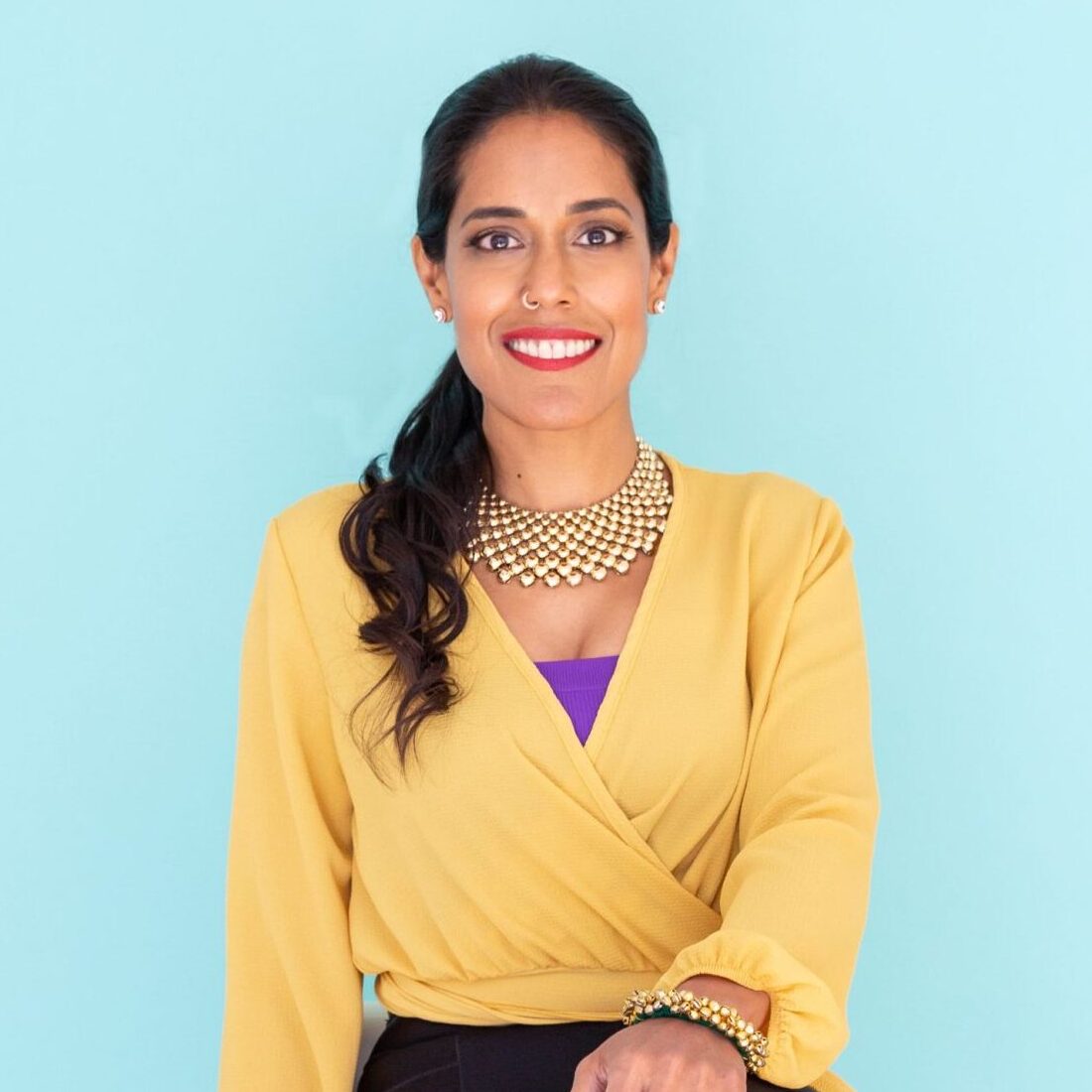
I'm Ritu.
I’m an award-winning life coach, empowerment speaker, author, and inclusion expert dedicated to helping you live your best life.


Join MY COMMUNITY
Sign up for my newsletter to get free tools, resources, and more straight to your inbox.
Top Posts
Your authenticity and empowerment journey starts here.
Be the first to learn about my new authenticity and empowerment goodies and get them straight to your inbox.
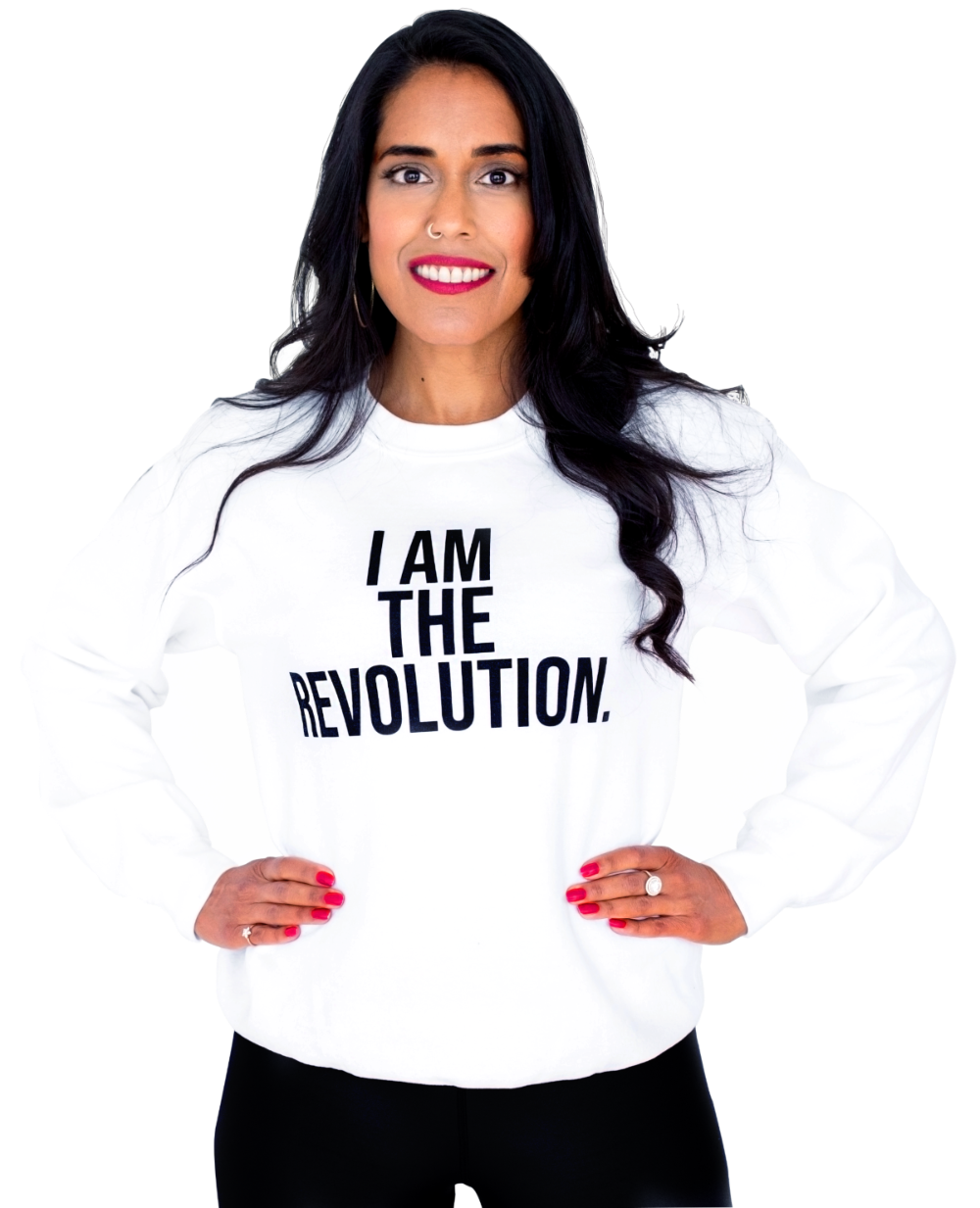




I'm Ritu Bhasin.
I’m an award-winning life coach, empowerment speaker, author, and inclusion expert dedicated to helping you live your best life.
Are you ready for a major life transformation?
Download my new e-book and get the tools you need to thrive in all areas of your life.

